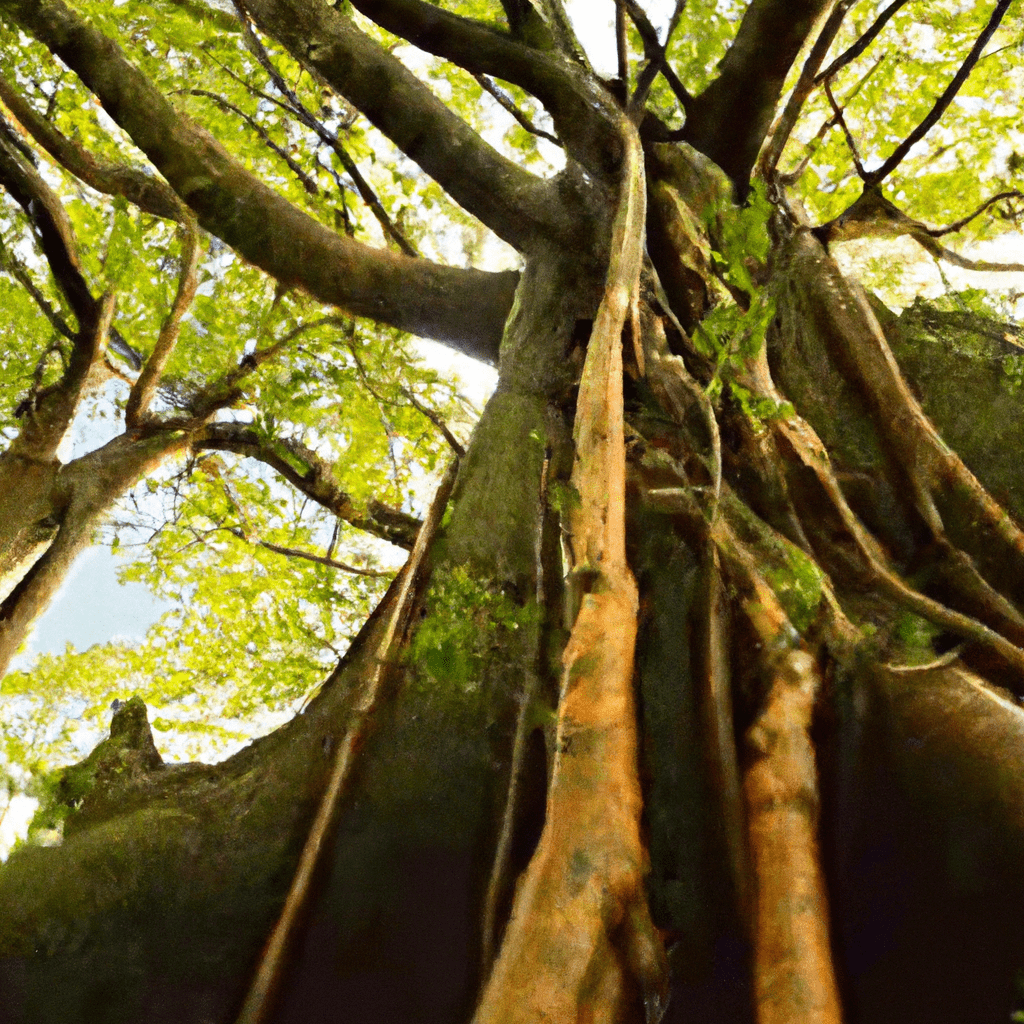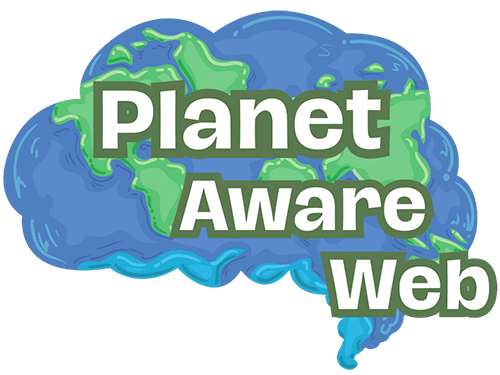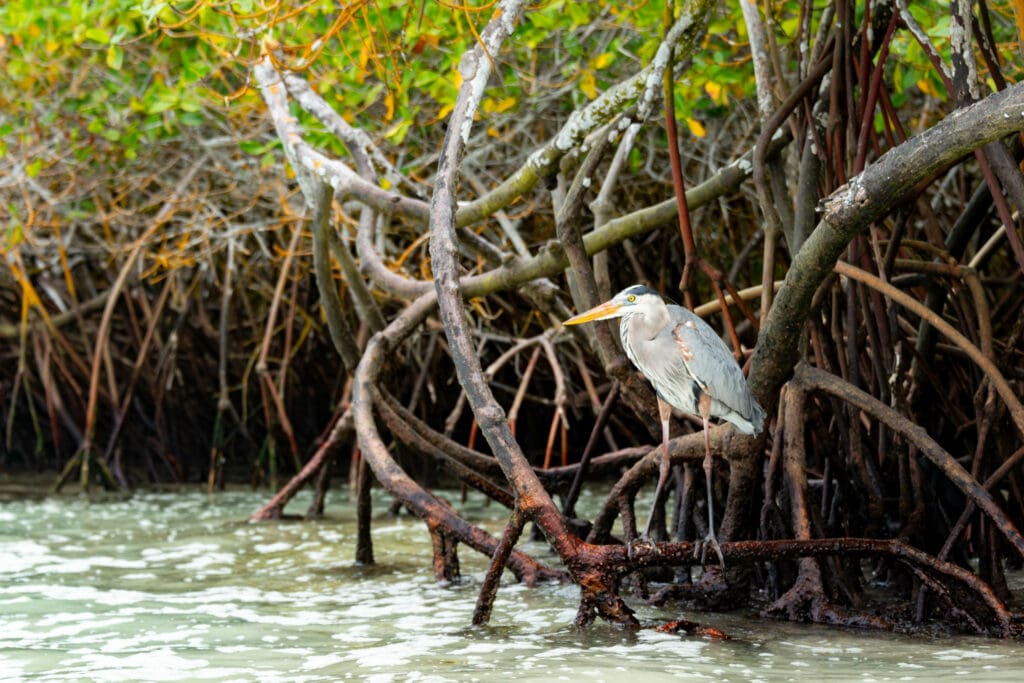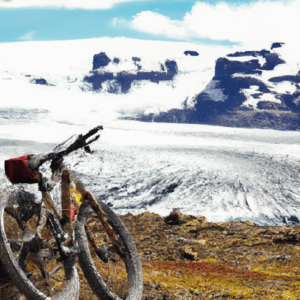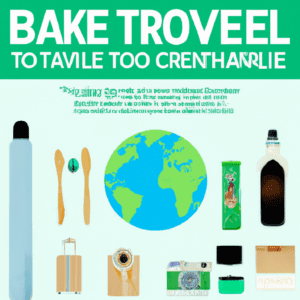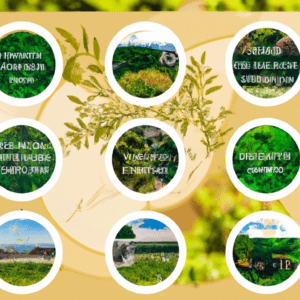Imagine a world where majestic animals run free in their natural habitats, where lush forests thrive with uninterrupted biodiversity, and where future generations can witness the wonders of the wild. Now imagine that you have the power to play a vital role in making this vision a reality. In this article, we will explore the ways in which you can become a guardian of the wild and contribute to wildlife conservation efforts. From volunteering in wildlife sanctuaries to supporting conservation organizations, together, we can protect and preserve the awe-inspiring beauty of our planet’s diverse wildlife.
Understanding the Importance of Wildlife Conservation
The role of wildlife in ecosystems
Wildlife plays a crucial role in maintaining the balance and health of ecosystems. Every species, whether big or small, has its place and purpose in the intricate web of life. From pollinating plants to controlling pest populations and even contributing to nutrient cycling, wildlife ensures the well-being of habitats and promotes biodiversity. By understanding and appreciating the unique roles that different species play in ecosystems, we can better comprehend the importance of conserving wildlife.
The impact of human activities on wildlife
Unfortunately, human activities have had a significant negative impact on wildlife populations around the world. Deforestation, habitat destruction, pollution, climate change, and illegal activities such as poaching and wildlife trade have pushed countless species to the brink of extinction. Our actions have disrupted food chains, altered habitats, and fragmented ecosystems, causing irreversible damage to both wildlife and the planet. It is crucial that we recognize the harm we are causing and take steps to mitigate and reverse these effects.
The need for wildlife conservation efforts
Given the pivotal role wildlife plays in maintaining healthy ecosystems, it is clear that we must prioritize wildlife conservation efforts. By conserving and protecting wildlife, we contribute to the resilience and sustainability of our planet. Furthermore, many species have inherent value and deserve our compassion and respect. Becoming stewards of the wild ensures the survival of species for generations to come and helps safeguard the natural beauty and diversity of our world.
Supporting Wildlife Conservation Organizations
Research reputable organizations
If you are passionate about wildlife conservation, it is essential to support reputable organizations that are dedicated to this cause. Take the time to research and identify organizations with robust conservation strategies, transparent financial practices, and a track record of success. Look for those that prioritize scientific research, habitat protection, community engagement, and sustainable practices.
Donate to wildlife conservation organizations
One of the most immediate ways to support wildlife conservation is by making financial contributions to reputable organizations. Your donations can help fund critical projects such as habitat restoration, anti-poaching efforts, conservation research, and community education programs. Even small donations can make a significant difference when combined with the support of others who share your passion for protecting wildlife.
Become a member or volunteer
Another way to actively support wildlife conservation organizations is by becoming a member or volunteering your time and skills. Many organizations offer membership programs that provide exclusive benefits while directly funding their conservation efforts. Additionally, volunteering allows you to contribute your expertise, whether it be in research, education, community outreach, or hands-on conservation work. By actively engaging with conservation organizations, you can make a tangible impact on wildlife conservation.
Participate in fundraising events
Wildlife conservation organizations often organize various fundraising events to generate support for their initiatives. These events can range from charity runs and auctions to educational workshops and wildlife tours. By participating in these events, not only do you contribute to their fundraising efforts, but you also raise awareness about the importance of wildlife conservation within your community and beyond.
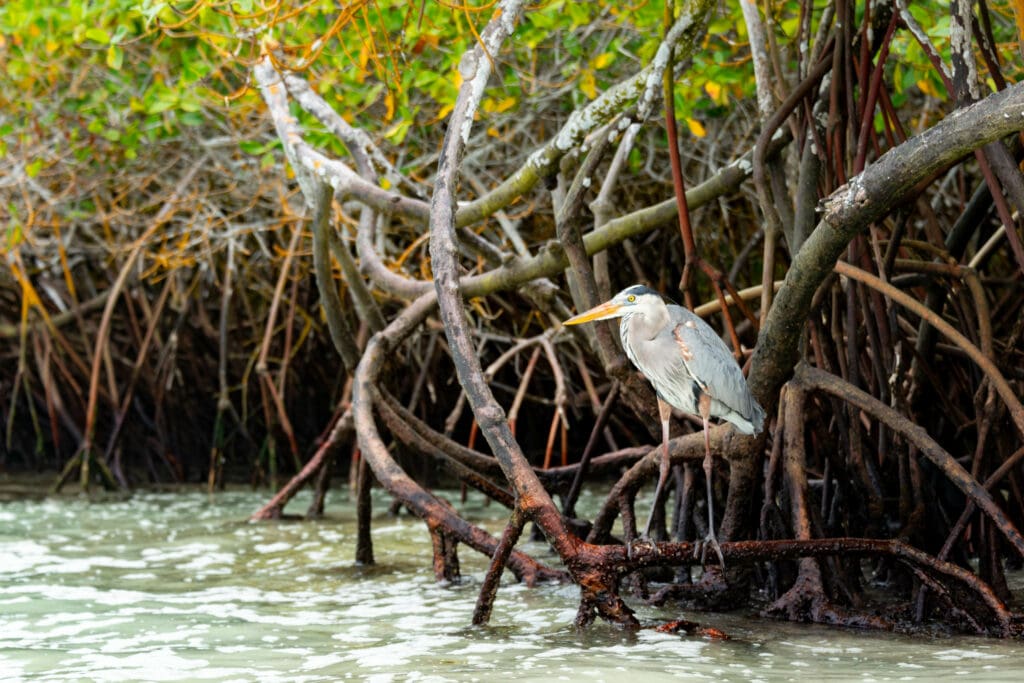

Protecting Wildlife Habitats
Preserving natural habitats
One of the most effective ways to protect wildlife is by preserving and safeguarding their natural habitats. This involves efforts to prevent habitat loss due to activities such as deforestation, urban development, and industrial expansion. By advocating for the protection of pristine landscapes and increasing the number of protected areas, we can ensure that wildlife has suitable habitats to thrive in.
Promoting sustainable land use practices
Alongside preserving existing habitats, promoting sustainable land use practices is crucial for wildlife conservation. By implementing sustainable forestry, agriculture, and infrastructure development practices, we can minimize the negative impact on ecosystems and reduce habitat fragmentation. This includes practices such as conserving soil health, preserving water resources, minimizing pesticide use, and implementing responsible zoning and land management policies.
Supporting legislation for habitat protection
Supporting legislation that aims to protect wildlife habitats is an essential step in ensuring their long-term conservation. By advocating for the enforcement and creation of laws that prioritize habitat preservation, we can provide legal protection to wildlife and their ecosystems. Contacting your local representatives, participating in public consultations, and supporting organizations involved in policy advocacy can be powerful ways to influence positive change.
Creating or participating in habitat restoration projects
In cases where habitats have already been degraded or destroyed, habitat restoration projects become vital. These projects involve a combination of ecological research, active restoration activities such as reforestation or wetland rehabilitation, and ongoing monitoring and management efforts. Engaging in habitat restoration projects as a volunteer or supporting organizations that specialize in habitat restoration demonstrates our commitment to giving wildlife a fighting chance.
Promoting Responsible Wildlife Tourism
Choosing eco-friendly tour operators
Tourism can be a double-edged sword when it comes to wildlife conservation. While it can provide economic benefits to local communities and contribute to wildlife protection efforts, irresponsible tourism practices can harm ecosystems and disrupt natural behaviors. When planning wildlife-focused trips, choose tour operators that follow ethical guidelines, prioritize animal welfare, and minimize negative environmental impacts. Look for operators that promote observation from a distance, avoid disturbing wildlife, and prioritize conservation education.
Avoiding activities that harm wildlife
While engaging in wildlife tourism, it is important to be mindful of the potential harm our actions may cause. Avoid activities that involve direct contact with wildlife, such as riding elephants or swimming with dolphins, as these often involve the mistreatment and exploitation of animals. Additionally, be cautious of practices that disrupt natural behaviors, such as chasing animals or getting too close to nests or dens. Responsible wildlife tourism aims to observe and appreciate wildlife without interfering or causing harm.
Educating others about responsible wildlife tourism
One person alone can make a difference, but the impact is multiplied when we educate others about responsible wildlife tourism. Share your knowledge and experiences with friends, family, and fellow travelers, helping them understand the importance of ethical wildlife tourism practices. By raising awareness and promoting responsible behavior, we create a ripple effect that can influence many others to choose sustainable and compassionate options when it comes to wildlife encounters.
Supporting projects that benefit local communities and wildlife
Responsible wildlife tourism goes hand in hand with supporting projects that benefit both local communities and wildlife. Look for tour operators, lodges, and projects that actively contribute to the well-being of local communities, promote education and sustainable livelihoods, and invest in wildlife conservation initiatives. By supporting these projects, you contribute to the long-term sustainability of wildlife tourism and help communities realize the economic value of wildlife conservation.
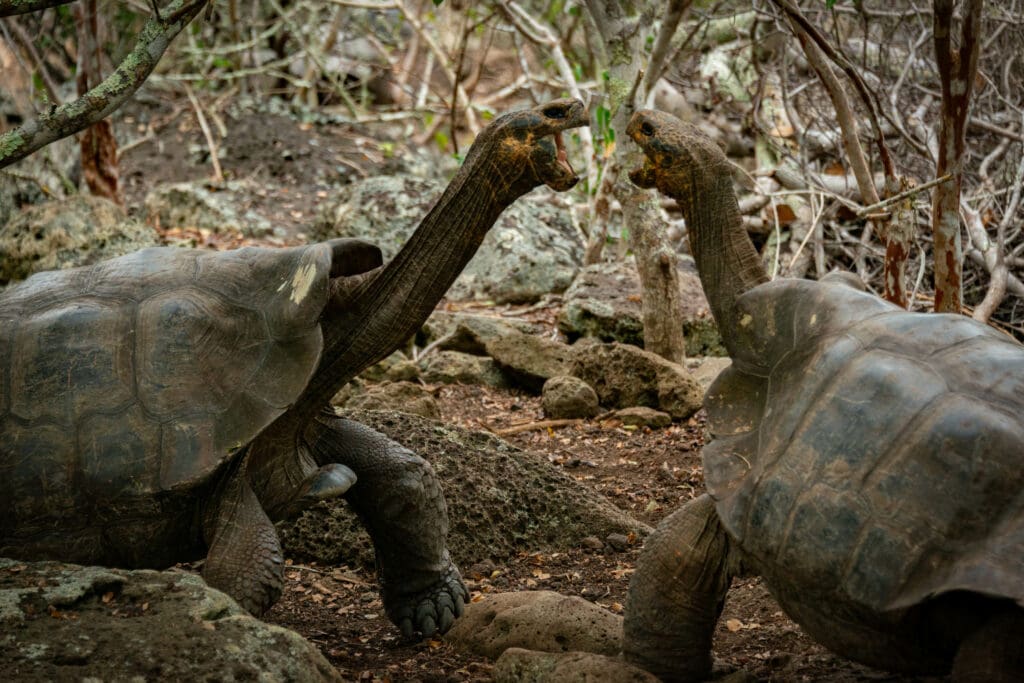

Reducing Wildlife Trade and Illegal Poaching
Understanding the impact of wildlife trade
Wildlife trade, legal and illegal, poses a significant threat to the survival of many species. It affects not only iconic animals like elephants, tigers, and rhinos but also thousands of plant and animal species that are exploited for their commercial value. Understanding the devastating impact of wildlife trade, whether for traditional medicine, fashion, exotic pets, or trophy hunting, is the first step in taking action to combat this issue.
Avoiding purchasing illegal wildlife products
As consumers, we have the power to make a difference by consciously avoiding the purchase of any products derived from illegal wildlife trade. This includes products made from endangered species, protected plants, or animals sourced from unsustainable or illegal operations. By making informed choices and supporting ethical alternatives, we reduce the demand for illegal wildlife products, which helps curb poaching and trafficking.
Reporting suspected wildlife trafficking
If you suspect wildlife trafficking or come across any suspicious activities related to wildlife trade, it is essential to report it to the relevant authorities or organizations. Many countries have dedicated hotlines or online portals for reporting wildlife crime. By being vigilant and proactive, we can help authorities crack down on illegal activities and dismantle wildlife trafficking networks.
Supporting initiatives to combat wildlife poaching
Supporting initiatives and organizations dedicated to combating wildlife poaching is crucial for protecting species at risk. These organizations collaborate with local communities, law enforcement agencies, and international bodies to strengthen anti-poaching efforts. By providing financial support, volunteering time or expertise, or simply spreading awareness about these initiatives, we contribute to their ability to hinder illegal poaching activities and protect endangered wildlife.
Supporting Conservation Research and Data Collection
Funding scientific research projects
Conservation research plays a vital role in understanding wildlife populations, their behaviors, and the impact of various threats. By funding scientific research projects, you contribute to enhancing our knowledge of endangered species and ecosystems. This research helps inform conservation strategies, assists in monitoring population trends, and provides valuable data to guide decision-making and policy development.
Participating in citizen science initiatives
Citizen science initiatives allow individuals with a passion for wildlife to actively contribute to research and data collection efforts. Organizations and research institutions often encourage public participation in data collection, including wildlife monitoring, birdwatching, or even documenting species sightings through smartphone apps. By getting involved, you become a valuable contributor to conservation science, helping fill gaps in research and increasing our understanding of wildlife populations.
Sharing wildlife sighting information with researchers
If you spend time in natural areas or come across wildlife sightings, consider sharing this information with local research institutions or conservation organizations. Researchers rely on such data to track species distribution, monitor population trends, and identify critical habitats. By providing your observations, you contribute to a collective effort to protect and conserve wildlife.
Supporting efforts to combat wildlife diseases
Disease outbreaks can have devastating consequences for wildlife populations, often exacerbated by human-related factors such as habitat loss and climate change. Supporting efforts to combat wildlife diseases, such as funding research on epidemiology, vaccination programs, or providing resources for rehabilitation centers, can significantly contribute to wildlife conservation. Understanding and addressing the threats posed by diseases are crucial steps to safeguard the health and resilience of wildlife populations.
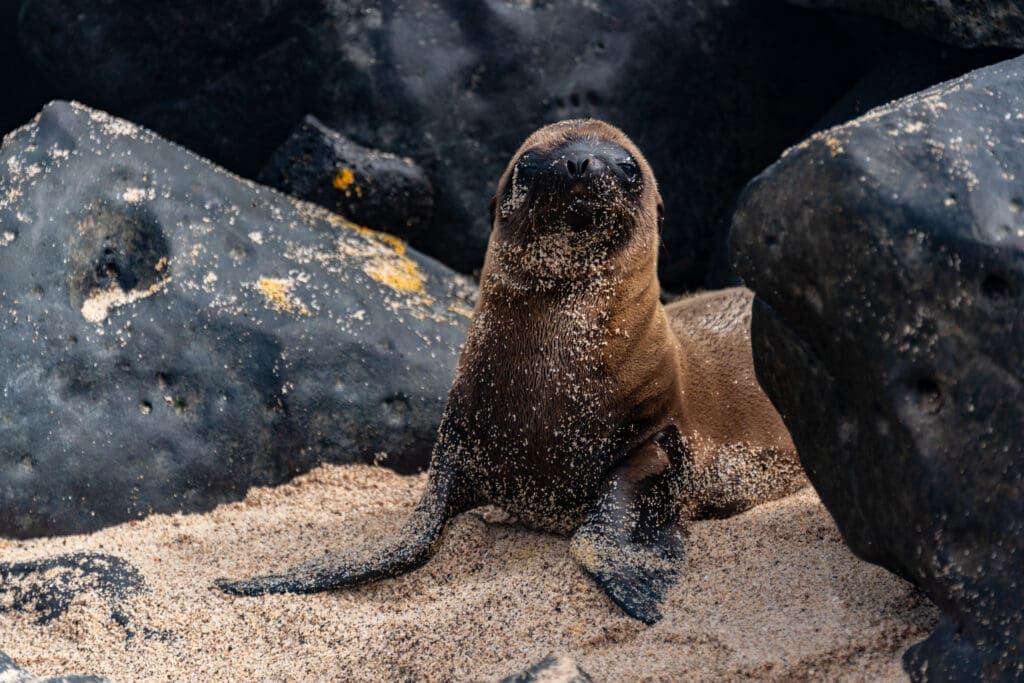

Promoting Sustainable and Responsible Consumption
Choosing sustainably sourced products
The choices we make as consumers have a direct impact on wildlife and their habitats. Opting for sustainably sourced products, such as timber, seafood, and agricultural goods, helps reduce the demand for products that contribute to habitat destruction and biodiversity loss. Look for certifications like Forest Stewardship Council (FSC) for wood products or Marine Stewardship Council (MSC) for sustainable fisheries when making purchasing decisions.
Avoiding products that harm wildlife or their habitats
Certain products, such as palm oil and illegal wildlife products, have a well-documented negative impact on wildlife and their habitats. By making a conscious effort to avoid these products, we send a message to industries and governments that we demand ethical and environmentally responsible alternatives. Educate yourself about the origin of products and support companies that have transparent and sustainable practices.
Reducing single-use plastic consumption
Plastic pollution poses a severe threat to wildlife, with animals ingesting or becoming entangled in plastic debris. By reducing our dependence on single-use plastics and opting for reusable alternatives, we can help minimize this threat. Carry a reusable water bottle, bring your own shopping bags, and choose products with minimal or eco-friendly packaging. Small changes in our daily habits can add up to significant positive impacts for wildlife and the environment.
Supporting ethical and eco-friendly businesses
Supporting businesses that prioritize ethical and eco-friendly practices is a powerful way to contribute to wildlife conservation. Look for certifications like Fair Trade or B Corporation that ensure businesses adhere to ethical labor practices, environmental sustainability, and social responsibility. By supporting such businesses, you encourage others to follow suit and create a market demand for ethical and sustainable products and services.
Educating and Raising Awareness
Organizing educational campaigns and workshops
Education is key to fostering a sense of responsibility and understanding about wildlife conservation. Organize educational campaigns and workshops in your community to raise awareness about the importance of protecting wildlife. This can include organizing talks by conservation experts, hosting film screenings, or conducting interactive activities that engage people of all ages. By equipping individuals with knowledge, you empower them to take action for wildlife conservation.
Promoting environmental education in schools
Schools play a crucial role in shaping the values and behaviors of future generations. Advocate for the inclusion of environmental education in school curricula, ensuring that young minds are educated about the importance of wildlife conservation. Encourage the development of outdoor learning spaces, wildlife clubs, or field trips to local nature reserves. By supporting environmental education, we foster a generation of environmentally conscious individuals who will become the future guardians of wildlife.
Sharing wildlife conservation information through media
Media platforms provide an opportunity to reach a wide audience and share information about wildlife conservation. Utilize social media channels, blogs, or online platforms to share stories, news, and educational content about wildlife and the importance of conservation. Engage with online communities and encourage discussions on environmental topics. By leveraging the power of media, we have the ability to inspire and motivate individuals worldwide to contribute to wildlife conservation efforts.
Using social media to raise awareness
Social media platforms have revolutionized how we communicate and disseminate information. Use these platforms to raise awareness about wildlife conservation by sharing photos, videos, and stories of wildlife in their natural habitats. Highlight successful conservation initiatives, share educational resources, and encourage others to take action. Harness the power of social media to create a global community of wildlife enthusiasts committed to protecting and conserving our planet’s biodiversity.
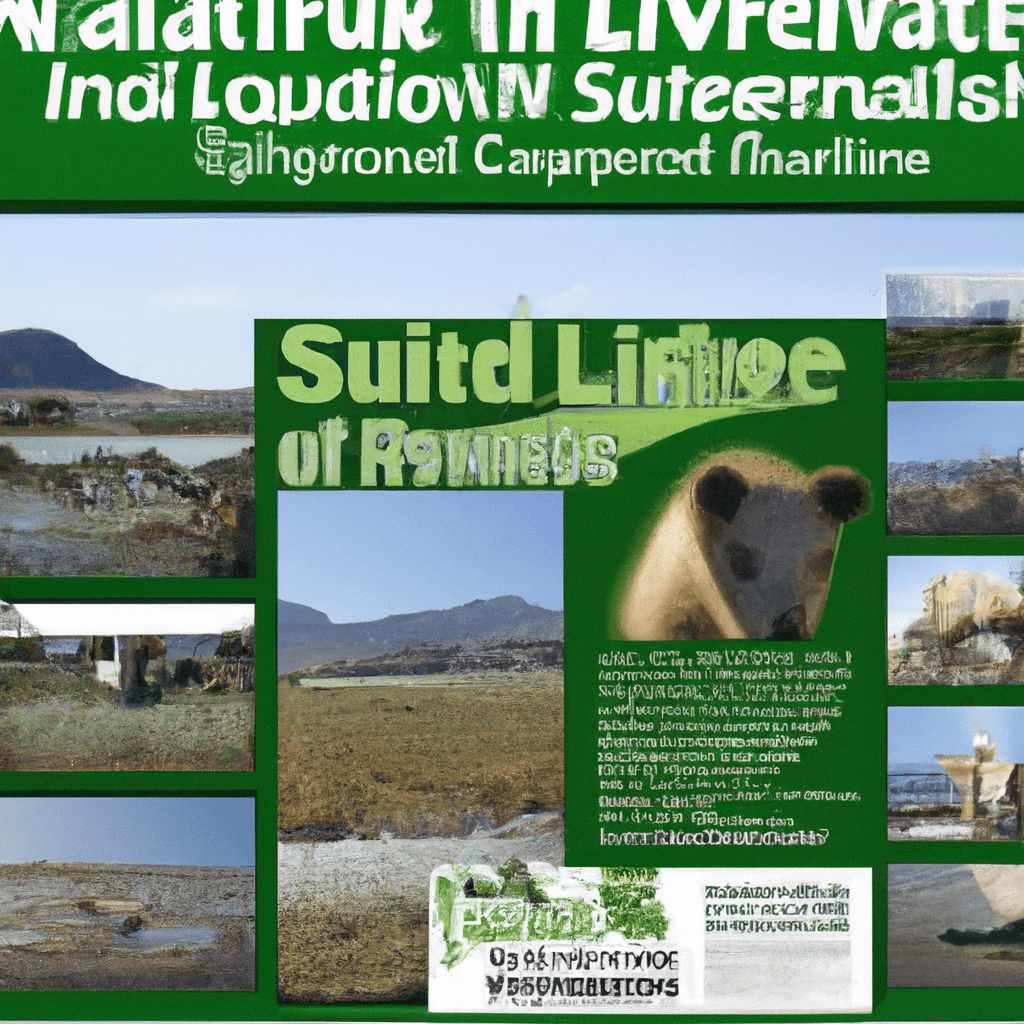

Taking Direct Action Locally
Creating or joining local conservation groups
Building a sense of community and taking direct action locally is an effective way to contribute to wildlife conservation efforts. Form or join local conservation groups that are focused on protecting wildlife and their habitats in your area. Collaborate with like-minded individuals to organize conservation projects, clean-up initiatives, or awareness campaigns in your community. By coming together as a collective, you can make a tangible impact right in your own backyard.
Organizing community clean-up initiatives
Litter and pollution not only harm local ecosystems but also impact wildlife and their habitats. Organize community clean-up initiatives to remove trash, plastic, and other pollutants from natural areas, parks, and water bodies. By working together and involving your community, you not only improve the well-being of local wildlife but also raise awareness about the importance of responsible waste management.
Planting native trees and vegetation
Native trees and vegetation provide valuable habitat and food sources for local wildlife. Organize tree-planting initiatives in collaboration with local authorities, conservation organizations, or community groups. Choose native species that are well-suited to the local ecosystem and support biodiversity. By restoring and enhancing existing habitats, you create havens for wildlife and contribute to the overall health of your local environment.
Implementing wildlife-friendly practices in your own property
Transforming your own property into a haven for wildlife can have a significant impact on local biodiversity. Implement wildlife-friendly practices such as providing food and water sources, creating shelter with native plants and nesting boxes, and minimizing or eliminating the use of pesticides and herbicides. By turning your space into a wildlife sanctuary, you provide refuge for species struggling with habitat loss and fragmentation.
Supporting International Conservation Agreements
Understanding international agreements and treaties
International agreements and treaties play a crucial role in coordinating global conservation efforts and protecting wildlife. Familiarize yourself with key agreements such as the Convention on International Trade in Endangered Species of Wild Fauna and Flora (CITES), the Convention on Biological Diversity (CBD), and the Ramsar Convention on Wetlands. Understanding these agreements helps you advocate for their implementation and support initiatives aimed at conservation on a global scale.
Supporting campaigns for stronger conservation policies
Supporting campaigns that advocate for stronger conservation policies is essential for influencing government decision-making processes. Stay informed about ongoing conservation campaigns and sign petitions or participate in actions that call for the protection of wildlife and their habitats. By adding your voice to these campaigns, you exert pressure on policymakers to prioritize wildlife conservation in their agendas.
Promoting cooperation between countries for wildlife protection
Wildlife conservation often requires collaboration and cooperation between countries. Advocate for increased international cooperation to address transboundary conservation challenges such as migratory species protection, wildlife trafficking, and habitat preservation. Support initiatives that encourage knowledge sharing, capacity building, and joint conservation efforts to ensure the conservation of species that rely on habitat connectivity and transnational migratory routes.
Advocating for wildlife conservation in international forums
Engaging in international forums and events focused on wildlife conservation can have a significant impact on policy and decision-making processes. Attend or participate in conferences, workshops, or symposiums to share your insights and experiences, network with experts and policymakers, and learn about global conservation efforts. By actively participating in these forums, you contribute to shaping the agenda for wildlife conservation at an international level.
In conclusion, understanding the importance of wildlife conservation is the first step towards taking action. By supporting wildlife conservation organizations, protecting habitats, promoting responsible wildlife tourism, reducing wildlife trade and illegal poaching, supporting conservation research and data collection, promoting sustainable and responsible consumption, educating and raising awareness, taking direct action locally, and supporting international conservation agreements, we can all become guardians of the wild and contribute to the long-term survival of the diverse species that call our planet home. With each individual’s participation and collective effort, we can make a profound impact on wildlife conservation and ensure a sustainable future for generations to come.
